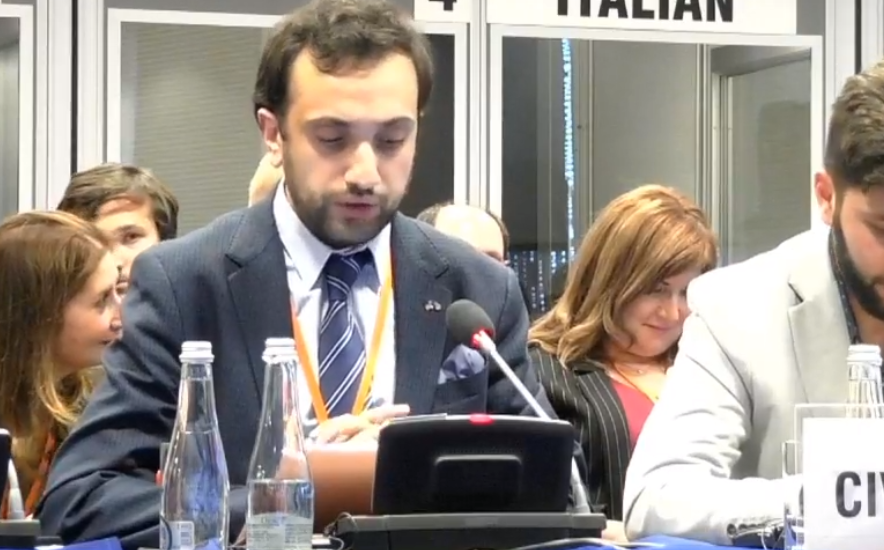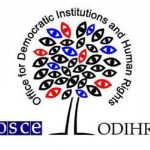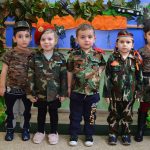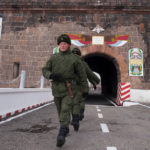- 19 September, 2019
- Democracy and Human Rights, Elections

SESSION 2
In recent years, we have all witnessed the rise of anti-democratic propaganda both in Armenia and in other OSCE member states.
Through various means of propaganda in different countries, Russia is either trying to increase the influence of anti-democratic forces or force and even provocate authorities to anti-democratic actions.
We see this in European countries, in the post-Soviet region and other parts of the world.
Following the Revolution in Armenia in 2018, we have witnessed elimination of media monopoly and liberalization of television. This purely positive change, however, was soon used by pro-Russian and anti-democratic forces who mobilized large media resources and began to carry out anti-democratic propaganda.
I cannot say that I welcome all steps taken by the Armenian authorities to ensure freedom of speech. But what Russia is doing must be countered by everyone who supports democratic values around the world. Only joint offers can be fruitful in protection of our values.
Obviously, this counteraction cannot be a counter-propaganda of the same quality. Moreover, it cannot be expressed by censorship. This counteraction should comprise of short, mid and long term activities.
Particularly:
- in the short-term, communication capabilities of democracy supporters and fact-checking needs to be increased;
- in the mid-term, promotion of independent media and media literacy among the wide circles of public should be encouraged;
- in the long-term, it is necessary to rise the education and particularly critical thinking.
The sociological research we have done in Armenia has shown a clear correlation between education, media literacy and support of democratic values. I believe, the same applies to any other member state.
There is no other way to protect democratic values in the OSCE region but to bring these actions into life. If actions are not taken to fulfill these steps now it may be late in several years, because Russia and a few other member states actively work on the opposite purpose.
SESSION 3
In the recent decades, we have witnessed that various countries with previously democratic elections have begun to falsify elections. These frauds occur both on election day and before that by eliminating competition.
In this regard, I am pleased to note the positive changes that have occurred during the last year’s elections in Armenia.
The next milestone in this regard should be building the institutional grounds for democratic elections so that it does not depend on the political will of the authorities.
Moreover, I am pleased to note that the page of democratic elections was opened not only in Armenia but also in Nagorno-Karabakh where local elections were held just 10 days ago.
With our partners from Transparency International we decided to conduct a large-scale observation mission in Nagorno-Karabakh where we had 180 observers in about 250 polling stations. As a result, we came to the conclusion that despite all the issues the elections were competitive and democratic.
Furthermore, this was the first time that the opposition both in Armenia and Nagorno-Karabakh did not contest the election results.
It is no secret that Nagorno-Karabakh has a disputed status and Azerbaijan considers it an occupied territory. But for us democratic values are of utmost importance. I will not compare the elections in Nagorno-Karabakh with the elections in Azerbaijan, as we have not observed elections in Azerbaijan and you all know that from the OSCE-ODIHR reports.
In any status we believe democratic values should be respected. People living there have the right to choose their own authorities regardless of the status of Nagorno-Karabakh.
Unlike territories occupied by Russia from neighboring countries, people in Nagorno-Karabakh live in much more democratic conditions than they would within Azerbaijan.
SESSION 4
The level of freedom of assembly is one of the main indicators of democracy. If the state of freedom of assembly and respective legislation in Russia, for example, gets worse every year, people in some Central Asian countries do not even know what freedom of assembly is.
This means that all forces and organizations that share democratic values must take effective steps to develop the right to freedom of assembly in the OSCE region.
Support for the effective exercise of the right to peaceful assembly should consist of the following actions:
- Public awareness raising. Citizens need to know their rights and responsibilities when conducting assembly and that they have significantly more rights when their assembly is peaceful.
- The capacity of potential organizers of assembly should be enhanced. In particular, the capacity to keep peacefulness of the assembly and to cooperate with the media and the police.
- The capacity of the police should be increased and removal of non-peaceful people from rallies should be addressed.
- Assistance should be provided to the media covering rallies. Dissemination of objective information about rallies is very important, but it is no less important to document illegal interference against the protesters.
- Assistance should be provided to the teams involved in the protection of the rights of victims of unlawful interference.
These actions should, of course, derive from the situation, atmosphere and the democracy traditions in the given country.
At the same time, the legislation of the Member States should be improved and the following should be clarified:
1. Permit for peaceful assembly should not be required. The organizers should only notify the authorities;
2. No force shall be used on peaceful assembly when the rights of others are not disproportionately limited;
3. Participants and organizers of rallies should not be imprisoned or substantially fined if the assembly was peaceful.




